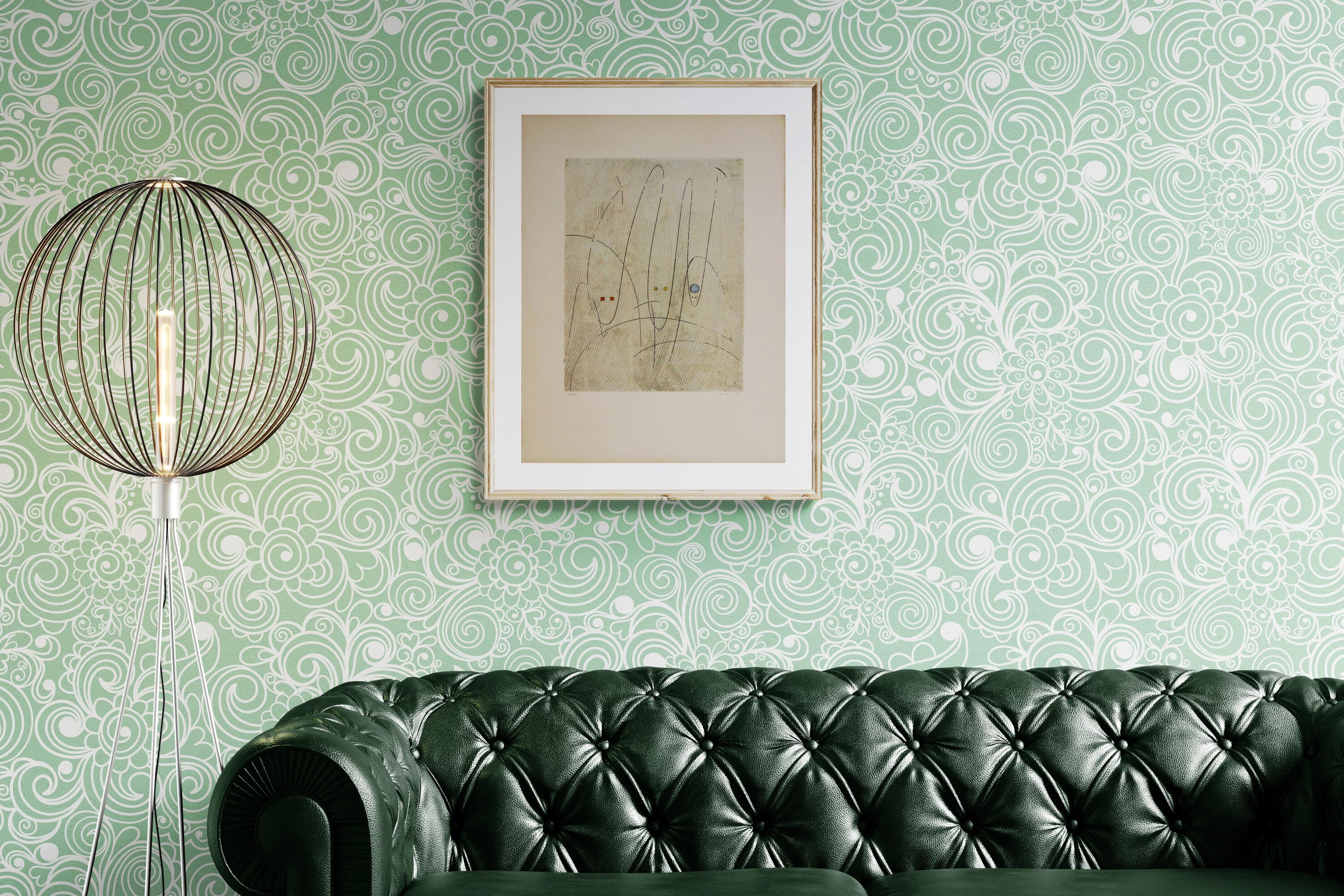Klaus Peter Brehmer biography
Klaus Peter Brehmer

Klaus Peter Brehmer was a painter, graphic artist, and German director. From 1971 to 1997 he was also a professor at the Hochschule für bildende Künste Hamburg. Through his art, Klaus Peter Brehmer expressed his political tendencies and his social and civil commitment. He was born in Berlin on September 12, 1938. He graduated as an engraver at the end of the 1950s. In the following years, he studied graphics at the Kunstakademie Düsseldorf, where he also worked for several years until 1963.
After a year of residence in Paris at the studio of Stanley William Hayter, he returned to Berlin and devoted himself to various types of graphics. During this period, his folded graphics, the stamp series, and film works were produced.
Influenced by Pop Art and the political rebellion of the young generations of the 1960s, Klaus Peter Brehmer developed a new form of artistic language that gave greater emphasis to material objects such as architectural elements or other objects of everyday life.
Thus, around 1963, the so-called banal graphics were born, in which everyday motifs from advertising and mass media were depicted, such as nude women, cars, or astronauts.
In the mid-1960s, Brehmer began reproducing the postage stamp in his prints, which the artist himself defined as an authoritative organism with a cultural definition of power. From the mid-1960s, the artist became, along with Konrad Lueg, Sigmar Polke, Gerhard Richter, and Wolf Vostell, an important representative of capitalist realism.
In the 1970s, Brehmer developed a new group of works, the so-called schematic work, in which colors, maps, and statistics were elaborated. In these works, he dealt with the interpretation and meaning of color as a symbol (Farbengeografien, Ideale Landschaft, Farbmuster) and created large-scale charts and maps to represent fascism (Hitler's Rede, 1973), the communist threat (Lokalisierung von Rotwerten, 1972), environmental damage (Skyline).
In the last twenty-five years of his life, he devoted himself to teaching. In particular, from 1971 to 1997 he was a professor at the Hochschule für bildende Künste in Hamburg, one of the cities that adopted him during his career. Furthermore, in 1987 and 1988 he was a lecturer at the China Academy of Art in Hangzhou, another experience that allowed him to become known internationally.
Klaus Peter Brehmer died in Hamburg in 1997.



